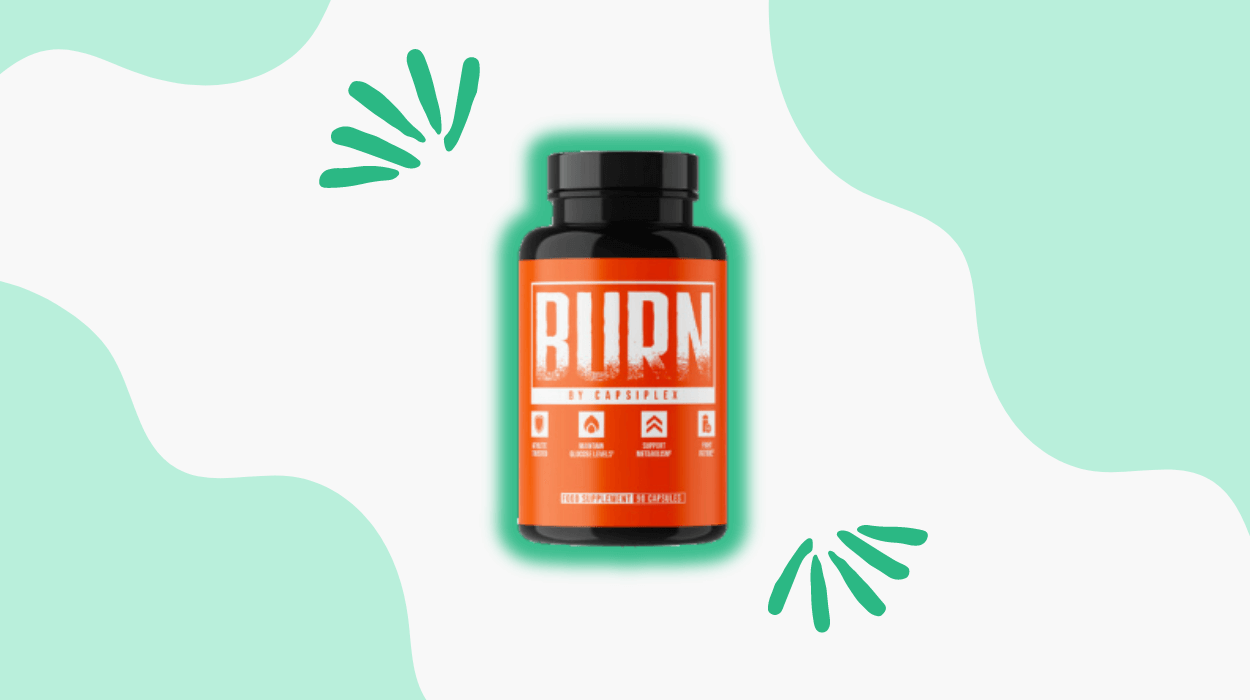

Cinnamon spice has anti-inflammatory properties that may help digestion and other health ailments. It has been claimed that cinnamon might also work as a natural weight-loss aid.
Sprinkling cinnamon on your food may also boost metabolism and enhance immunity against pathogens. It may add sweetness to your food, making you require less urge to include sugar or other sugary alternatives.
However, it’s important to remember that cinnamon can not instantly eliminate belly fat. Too much of cinnamon is toxic and might harm your health.
Does cinnamon positively target visceral fat? It is necessary to learn about cinnamon’s impact on weight loss and how it works to support blood sugar levels and metabolic rate.
One teaspoon (about 2.6 grams) of cinnamon has 6.42 calories, 0.104 grams of protein, 0.032 grams of fat, and 1.38 grams of fiber.
Cinnamon contains minerals like calcium, iron, zinc, magnesium, phosphorus, and potassium. It also contains vitamins C, K, and A and has antioxidants that could reduce inflammation and curb free radical growth, improving overall health.

You may substitute cinnamon as a spice in cooking to help reduce belly fat. Sprinkling cinnamon in your favorite dish might enhance its flavor and give it a sweet and spicy twist.
You can reduce sugar from your diet by including cinnamon, which could be a healthy sugar substitute. Cinnamon may help your body better respond to insulin hormones. This effect may help maintain stable blood sugar levels, potentially aiding in reducing belly fat.
| Health Benefits | Description |
|---|---|
| Regulating blood sugar levels | Cinnamon supplements may help manage insulin challenges and stabilize blood sugar levels. |
| Supporting weight management | Cinnamon supplements might aid in weight loss by boosting metabolism and curbing cravings. |
| Improving heart health | The antioxidants in cinnamon supplements may help reduce cholesterol levels and lower heart disease risk. |
| Boosting immune system | Cinnamon’s antimicrobial properties could help fight against infections and support a healthy immune system. |
Sprinkling cinnamon into your daily coffee adds a touch of flavor. It may boost your metabolism due to the caffeine content in coffee. Cinnamon’s spicy and mildly sweet flavor might curb sugar cravings and help you avoid adding sweeteners to your coffee.
Adding cinnamon to your treats can curb your sweet cravings and help avoid sudden rises in blood sugar levels.
The ability of cinnamon to help regulate blood sugar levels may especially benefit people who struggle with sugar cravings. It may support your weight management efforts, potentially helping reduce belly fat.
There are mainly four types of cinnamon varieties:
Start with a small amount of cinnamon and observe how your body reacts. Consuming around 120 mg to 6 g of cinnamon per day for approximately 4 months is safe. It may help you control your fasting blood sugar levels and improve your lipid profile.
However, if you have any health concerns, are pregnant, or are taking medicines, you should consult with the doctor before including cinnamon in your diet.
There is no concrete evidence that consuming cinnamon could reduce belly fat. However, some recent studies have shown that including cinnamon in a well-rounded lifestyle may contribute to healthy weight loss. It does so by helping lower blood fats, decreasing body mass index, and combating obesity-related inflammation.
Animal research has also indicated that cinnamon may help lower visceral fat, which may help reduce weight and develop a slimmer waistline.
As per research, cinnamon has the potential to increase ghrelin levels, which could help alleviate feelings of hunger and curb cravings for treats. These effects may optimize calorie control, helping lower weight and belly fat.
Cinnamon contains Cinnamaldehyde (CA), a food compound that activates thermogenesis and metabolic responses. This effect may help the body generate heat and burn calories to digest food. Cinnamaldehyde in cinnamon may help curb appetite and manage unwanted weight gain.
Cinnamon contains anti-inflammatory compounds that can help lower inflammation in the digestive system. It could help produce digestive enzymes essential for breaking down food and absorbing nutrients. Such effects may increase the digestive process’s efficiency and promote better nutrient absorption. Cinnamon may support a healthy digestive system by helping in the growth of beneficial bacteria and inhibiting the growth of harmful bacteria.
Cinnamon’s antimicrobial properties may help fight against various pathogens and protect the body from harmful infections. It may shield the body against common colds, flu, worm infestations, fungal infections, and food poisoning.
The polyphenol antioxidants in Cassia cinnamon might reduce inflammation and oxidative stress. It may help reduce allergic reactions.
Cinnamon contains anti-inflammatory compounds and antioxidants that help protect the brain from inflammation and stress. Such virtues could aid in preventing diseases like Alzheimer’s and Parkinson’s disease.
The bioactive compounds of cinnamon may support healthy cognitive function, including learning, memory, and concentration. However, more studies are required to understand its effect on brain health.
Cinnamon may help improve insulin sensitivity, stabilizing proper insulin balance in the body. Such effects help encourage healthy blood sugar levels.
Cinnamon has been found to enhance the signaling of insulin receptors, allowing insulin to transport glucose from the bloodstream into cells more efficiently. This could regulate glucose metabolism and balance blood sugar levels.
| Study | Findings |
|---|---|
| A study published in the Journal of Sexual Medicine | Cinnamon extract improved erectile function in rats by increasing nitric oxide production and enhancing blood flow to the penis. |
| A study published in the International Journal of Impotence Research | Cinnamon improves erectile function in men with metabolic syndrome, a condition that often leads to erectile dysfunction. |
Consistently exceeding the recommended daily intake of cinnamon, up to 6 grams, for prolonged periods can strain the liver. Cinnamon contains coumarin, which may be highly toxic to the liver.
Excessive cinnamon consumption could decrease blood sugar levels, resulting in dizziness, weakness, and fainting symptoms. It may be risky for people with diabetes who are already managing their blood sugar levels.
Some people may be allergic to cinnamon or have a sensitivity to it. Excessive use of cinnamon can increase the risk of developing allergic reactions, such as skin rashes, itching, or swelling.
Also Check:
Studies have shown that cinnamon may impact metabolism and fat storage, specifically its component cinnamaldehyde. These properties may potentially reduce the accumulation of belly fat.
Animal research indicates that cinnamon may help reduce visceral fat, and it can also boost hunger signals and help curb cravings for treats.
Cinnamon could be a flavorful addition to a balanced diet. Still, it should not be relied on as the only solution for losing belly fat.
Pairing cinnamon with a nutritionally adequate diet, regular exercise routine, and portion control may improve belly fat reduction outcomes. Try adding cinnamon to your morning coffee, meals, and desserts.
While cinnamon may reduce sugar cravings and blood sugar levels, it is essential to consume it cautiously. Excess cinnamon consumption might disrupt your liver functioning and cause a possible drug interaction.
Tyler Read earned an undergraduate academic degree from Sonoma State University, California and is a certified personal trainer (CPT) with NASM (National Academy of Sports Medicine). With over 16 years of experience, Tyler has trained clients both online and in-person.
He is passionate about helping others turn their love for fitness into a career. Tyler has worked with many local and commercial gyms before establishing his successful private personal training business, which he continues to operate.
